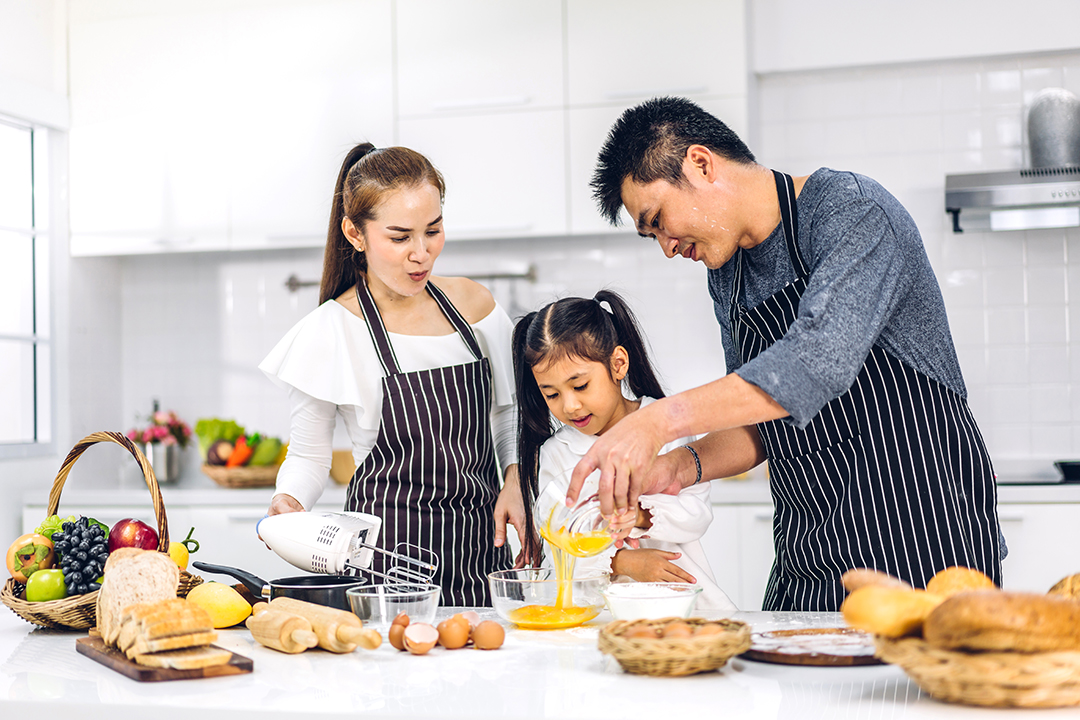For a long time, I thought cooking was only worth the effort if someone else was going to eat the food with me. Growing up, meals always carried a sense of togetherness — a clatter of plates on the table, voices layered over one another, the inevitable reaching across for salt or bread. Later, when I lived with roommates or partners, food still had an audience. Even when no one said much, the act of sharing gave meals a certain weight, a sense of occasion.
But when I started living alone, cooking suddenly felt unnecessary. Why stand over a pan, chop vegetables, wait for water to boil, if the result would only be eaten in silence at my own table? I told myself it was easier to rely on takeout or to cobble together quick snacks. My fridge often looked like a collection of neglected afterthoughts — half a jar of sauce, a wilted lettuce, a few eggs. The kitchen became less a place of creation and more a hallway I passed through.
It wasn’t until one evening, when hunger collided with an empty wallet, that I reluctantly pulled together what I had. A few potatoes, an onion, a bit of cheese. I chopped clumsily, grumbled at the mess, and baked everything in a dish that had been gathering dust. The result was unevenly cooked and slightly bland, but I remember the first bite vividly. It was warm, filling, and — most unexpectedly — comforting. It tasted like effort, however imperfect. And in that moment, I realized that cooking for myself wasn’t about impressing anyone; it was about showing up for myself in a way I hadn’t been.
From then on, I started experimenting. Not with elaborate recipes or Instagram-worthy presentations, but with simple acts. Sautéing garlic until the smell drifted through the apartment. Stirring soup slowly, watching steam cloud the windows. Laying out a plate carefully, even if I was the only one who would see it. Each act was small, but together they shifted something inside me. Instead of treating meals as disposable, I began treating them as markers of care, like watering a plant or tidying a corner of a room.
There is an intimacy to cooking for one that I hadn’t appreciated before. It asks you to listen closely to your own cravings, to notice what your body wants instead of what others expect. Some nights I craved comfort — pasta heavy with butter and herbs, eaten straight from the pan. Other nights I leaned toward freshness — crisp vegetables tossed with lemon, something that tasted like light. There were evenings when I burned things, miscalculated portions, or ended up with too much food. But even those moments taught me patience. I learned to laugh at mistakes, to accept imperfection, to understand that cooking isn’t about control but about presence.
What surprised me most was how the act of cooking transformed the silence of my apartment. Before, eating alone had felt like an absence, a reminder that no one else was there. But when I cooked for myself, the silence shifted. It became a companion rather than an emptiness. The clink of a spoon against a pot, the gentle simmer of sauce, the sizzle of onions — these sounds filled the space like music. I began to feel less like I was eating “just to get it over with” and more like I was part of a small ritual, one designed only for me.
Of course, there are still nights when I don’t feel like cooking, when I fall back on something quick or order food instead. But the difference now is that I see cooking not as a chore, but as a choice I get to make. When I do cook, it feels less about survival and more about nourishment. Not just physical nourishment, but emotional too — the kind that says, I matter enough to make this effort, even if no one else sees it.
There’s also a certain freedom in it. Cooking for one means no compromises, no negotiations over spice levels or portion sizes. I can eat breakfast for dinner, or dinner at three in the afternoon, or combine flavors that make no sense to anyone but me. That freedom feels rebellious in a quiet way, like reclaiming a corner of life that doesn’t need to please anyone but myself.
Over time, I started noticing small details I had ignored before. The way oil shimmers in a pan just before it’s hot enough. How bread sounds when you tear it open fresh from the oven, that soft sigh of steam escaping. The way herbs release their scent when you crush them between your fingers. Cooking tuned me back into my senses, reminded me that food isn’t just fuel but texture, aroma, rhythm.
Now, when I think about cooking for one, I no longer picture loneliness. I picture standing barefoot in my kitchen, humming to myself, chopping slowly while the day fades outside the window. I picture the quiet pride of sitting down with a plate that I created, however simple. I picture the first bite — always the best one — and the small satisfaction that follows.
I’ve come to realize that cooking for myself is not about filling the absence of others but about deepening my relationship with myself. It’s about choosing to care, even when no one else is watching. And in that choice, I’ve found not just meals, but moments of joy stitched into the fabric of everyday life.
So when I open my fridge now and see ingredients waiting, I don’t see obligation. I see possibility. I see the chance to turn raw things into something warm, to transform an ordinary evening into something quietly meaningful. And most of all, I see myself — worthy of the time, worthy of the effort, worthy of the care.





